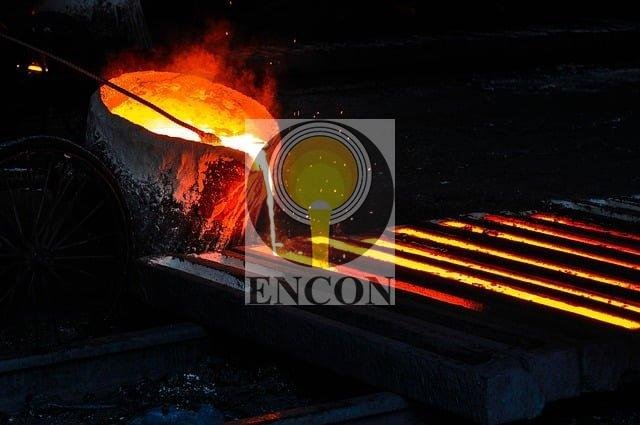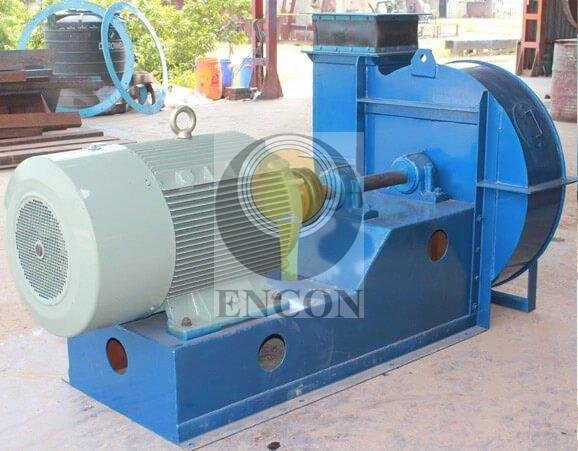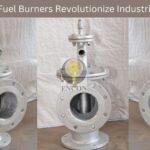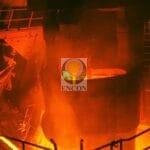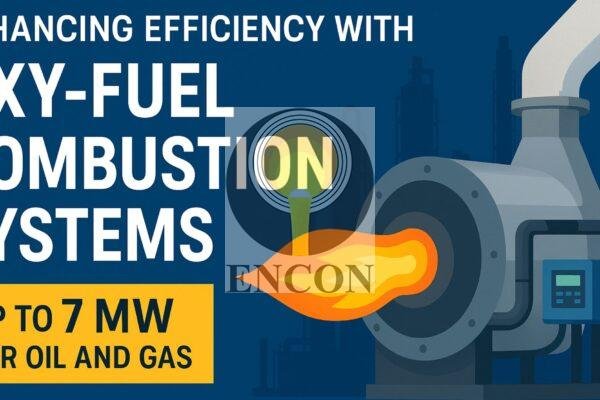Top Best Practices for Operating Combustion Equipment Safely
Combustion equipment is indispensable in numerous industrial processes, providing the heat necessary for everything from metalworking to food production. However, the immense power of this equipment also necessitates a stringent focus on safety. By adhering to best practices for operating combustion equipment, you can significantly reduce risks, safeguard your workforce, and ensure the smooth operation of your facility.
ENCON Thermal Engineers is dedicated to fostering a safe industrial environment. In this comprehensive guide, we will delve into essential pre-operational checks, safe operating procedures, and proper maintenance techniques to ensure the safe operation of combustion equipment.
Pre-Operational Checks: Laying the Groundwork for Safety
Before igniting your combustion equipment, conducting a thorough pre-operational inspection is paramount. This crucial step helps identify potential hazards and prevents accidents.
- Leak Detection: Employ a gas detector to meticulously inspect pipes, valves, and connections for any gas or fuel leaks. Even the smallest leaks can escalate into a severe fire hazard.
- Fuel Supply System: Verify the fuel supply system's optimal functioning. Ensure fuel pressure and flow align with the manufacturer's specifications.
- Ignition System: Inspect the ignition system for any signs of wear or damage, particularly on spark plugs or igniters. Confirm its proper operation.
- Ventilation System: Guarantee the ventilation system's functionality and capacity to efficiently remove combustion products. A well-functioning ventilation system protects personnel from harmful fumes and averts the buildup of explosive gas mixtures.
- Safety Interlocks: Confirm the operational status of all safety interlocks, including flame safeguards and high-temperature shutdowns. These devices are designed to automatically shut down the equipment in case of malfunctions, preventing accidents.
Safe Operating Procedures: A Blueprint for Success
Once the pre-operational checks are complete, strictly adhere to established safe operating procedures:
- Authorized Personnel Only: Restrict the operation of combustion equipment to trained and authorized personnel. Proper training equips operators with the essential knowledge and skills to handle the equipment safely.
- Personal Protective Equipment (PPE): Ensure operators wear appropriate PPE, such as gloves, safety glasses, and fire-resistant clothing. PPE provides a crucial defense against potential hazards.
- Maintain a Safe Distance: Operators must maintain a safe distance from the equipment during operation. This minimizes exposure to heat and the risk of flameouts.
- Constant Monitoring: Operators should vigilantly monitor the equipment during operation, paying close attention to flame characteristics, temperature readings, and any unusual noises or vibrations.
- Emergency Preparedness: Familiarize yourself with emergency procedures in case of malfunctions or accidents. Knowing how to respond swiftly and effectively can mitigate damage and injuries.
Maintenance: The Key to Sustained Safety and Efficiency
Regular and proper maintenance is essential for operating combustion equipment safety. A well-maintained system is less susceptible to failures and malfunctions.
- Adhere to Manufacturer Guidelines: Follow the manufacturer's recommended maintenance schedule for cleaning, inspection, and parts replacement.
- Combustion Analysis: Schedule regular combustion analysis to assess the efficiency and completeness of combustion. Incomplete combustion can produce harmful pollutants and pose safety risks.
- Cleaning and Inspection: Routinely clean the equipment to remove soot and debris that can hinder performance and lead to malfunctions. Conduct thorough inspections for signs of wear and tear on critical components like burners, nozzles, and heat exchangers.
- Record Keeping: Maintain detailed records of all maintenance activities. This documentation is essential for tracking equipment health and identifying potential issues early on.
Additional Safety Considerations
- Comprehensive Training: Invest in ongoing training programs to reinforce safety best practices and keep personnel updated on procedures.
- Clear Communication: Ensure clear and accessible hazard communication protocols are in place. Provide personnel with Safety Data Sheets (SDS) for fuels and other materials used in the operation.
- Emergency Response Planning: Develop and regularly review a detailed emergency response plan for situations such as fire, gas leaks, or equipment malfunctions.
Conclusion
By prioritizing combustion equipment safety and adhering to these best practices for operating combustion equipment, you can create a safer work environment, minimize operational disruptions, and optimize your facility’s efficiency. ENCON Thermal Engineers is your trusted partner in industrial safety solutions. Our comprehensive range of services includes combustion equipment maintenance, inspections, and training programs. Contact us today to discuss your specific needs and ensure the safety and efficiency of your operations.
